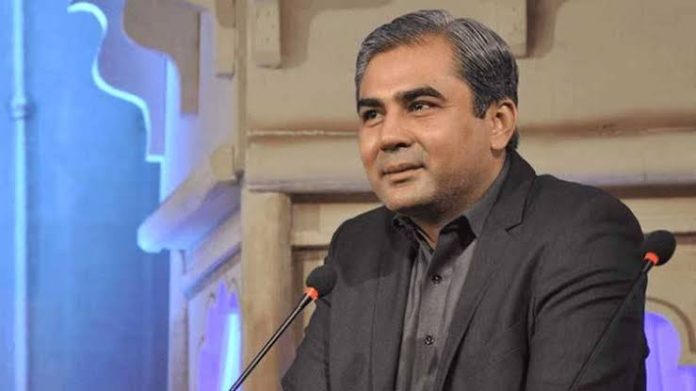Mohsin Naqvi’s decision to decline his salary as the newly appointed Interior Minister of Pakistan echoes a growing sentiment of selflessness and dedication to public service. In following President Asif Ali Zardari’s example, Naqvi’s gesture speaks volumes about his commitment to the nation’s well-being, particularly in light of the challenges facing Pakistan.
Declining a salary is not merely symbolic; it reflects a deeper ethos of sacrifice and responsibility. By forgoing personal financial gain, Naqvi demonstrates his prioritization of the country’s needs over his own. In a nation where corruption and self-interest have often plagued governance, such acts of altruism offer a beacon of hope and integrity.
Naqvi’s decision also underscores the gravity of the challenges confronting Pakistan. Whether it be security threats, economic instability, or social unrest, these are indeed trying times for the nation. In such circumstances, leaders who lead by example, who are willing to make personal sacrifices for the greater good, are indispensable.
Moreover, Naqvi’s background as the former caretaker Punjab chief minister lends weight to his decision. Having served in a position of authority at the provincial level, he understands the intricacies and demands of governance. His experience likely informs his commitment to effective and principled leadership at the federal level.
By publicly announcing his decision, Naqvi sends a powerful message to his fellow politicians, civil servants, and the general populace. He sets a standard of accountability and humility that others would do well to emulate. In a democracy, where public trust in institutions is paramount, gestures like these can help rebuild confidence and foster a sense of unity and purpose.
Ultimately, Naqvi’s decision to decline his salary is not just about the money; it’s about the values it represents: integrity, service, and sacrifice. In a nation striving for progress and stability, leaders like Naqvi offer a glimmer of hope and inspiration for a brighter future.


